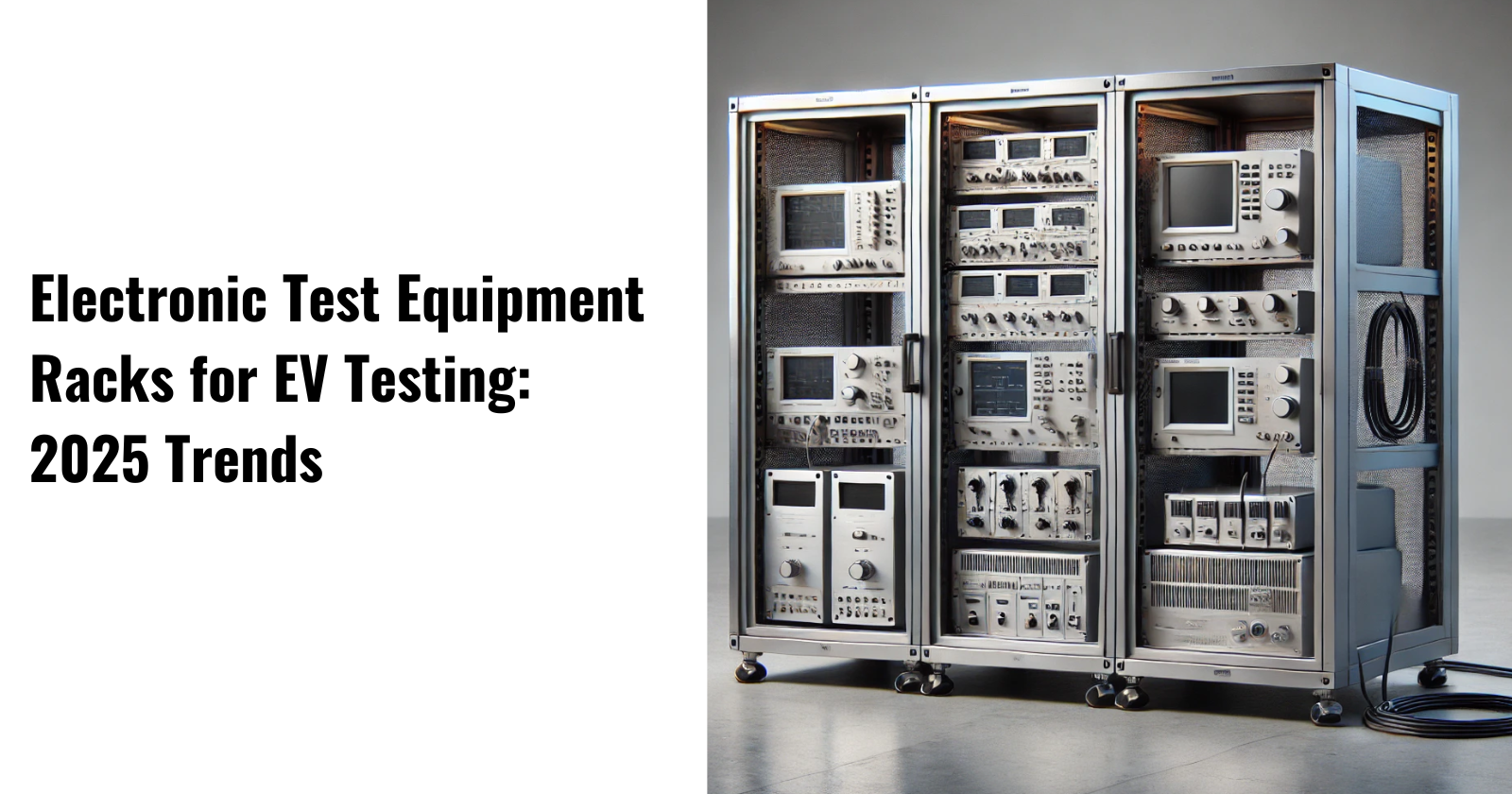
As electric vehicles (EVs) continue to dominate the automotive landscape, the demand for advanced testing solutions has surged. Precision, safety, and scalability are now critical factors in testing EV components—especially high-voltage batteries. In 2025, electronic test equipment racks are at the forefront of this evolution, offering more than just hardware housing—they are becoming intelligent systems designed to support complex, high-frequency, and high-power testing environments.
Smarter, More Modular Racks
One of the biggest trends in 2025 is modularity. Test labs are adopting modular electronic test equipment racks that allow quick configuration changes, scalability, and integration with various automated tools. This flexibility is crucial in EV and battery testing, where test parameters constantly shift to match evolving battery chemistries, charging protocols, and safety standards.
Additionally, smart racks now feature built-in monitoring systems that track temperature, power usage, and signal integrity in real-time. These capabilities help engineers prevent system failures, optimize test cycles, and ensure compliance with global testing standards.
Enhanced Safety and Power Handling
EV battery testing involves high voltages and currents, which increases the importance of safety features within the rack design. In 2025, top brands like Orbis Systems are integrating enhanced safety protocols, including automatic shutdown systems, secure cabling pathways, and electromagnetic shielding, all within their custom-built electronic test equipment racks. These features not only protect the test environment but also ensure accurate and repeatable results under intense conditions.
Space-Saving and Eco-Friendly Design
As sustainability becomes a priority, test facilities are seeking compact, energy-efficient solutions. New rack designs in 2025 offer better space utilization, improved airflow, and energy-saving components. This is particularly beneficial in EV battery testing, where multiple systems must operate in tight lab spaces without compromising performance or safety.
Supporting Future EV Technologies
Looking forward, EV technology is advancing into solid-state batteries, wireless charging, and V2G (vehicle-to-grid) systems. To stay ahead, test labs need adaptable rack systems capable of supporting these innovations. Orbis Systems is already responding with next-generation electronic test equipment racks that accommodate high-speed data transfer, hybrid test configurations, and remote system control—paving the way for smarter, more connected testing environments.
Conclusion
In 2025, electronic test equipment racks are more than just enclosures—they’re critical enablers of safe, accurate, and scalable EV and battery testing. Brands like Orbis Systems are leading this charge, offering customized, future-ready solutions that help manufacturers meet growing testing demands while staying agile in a fast-evolving industry.